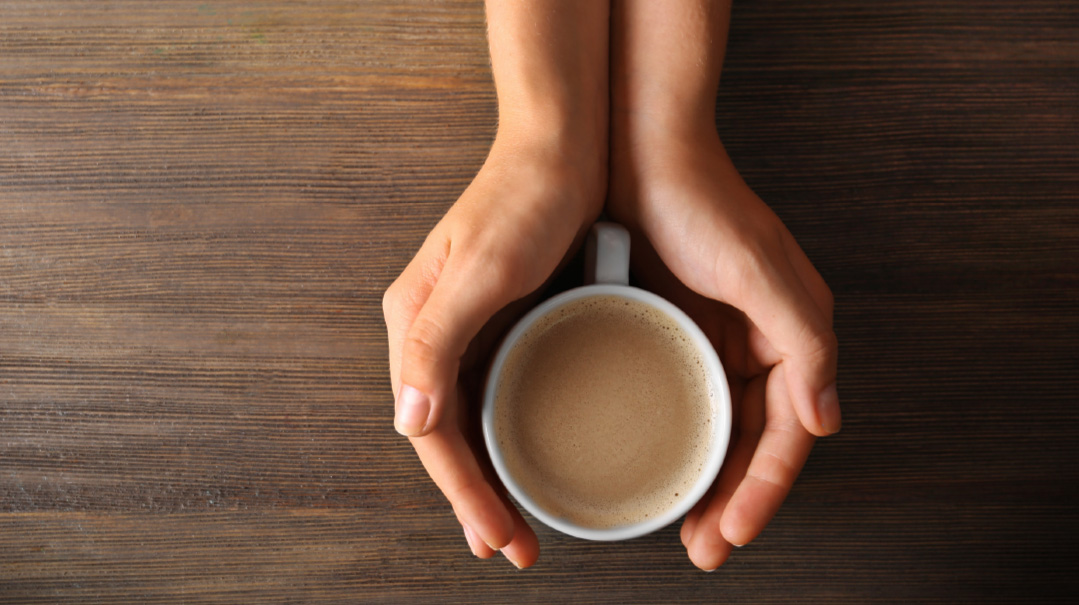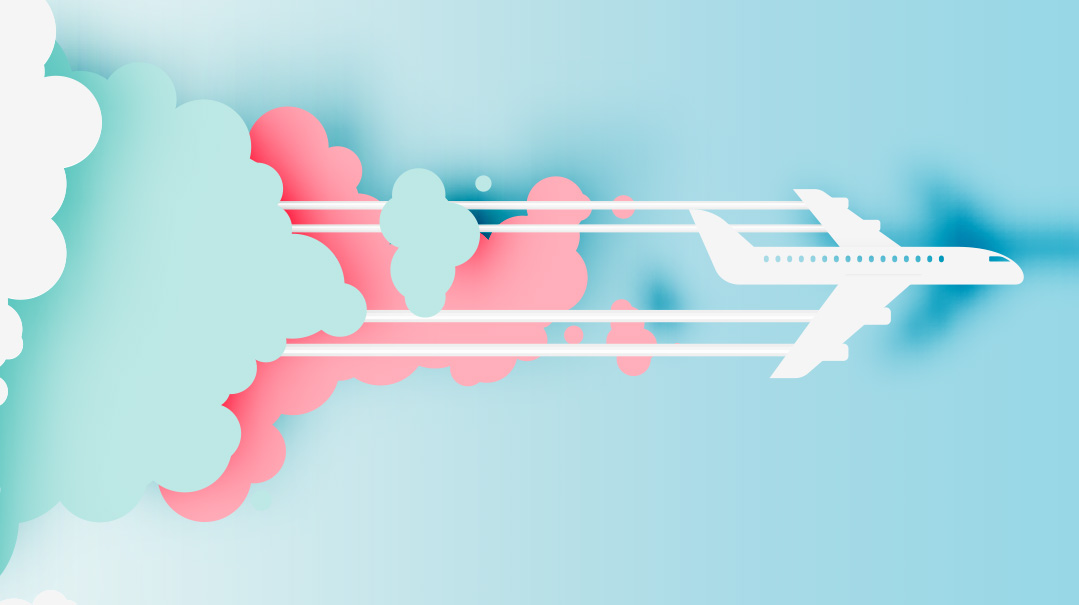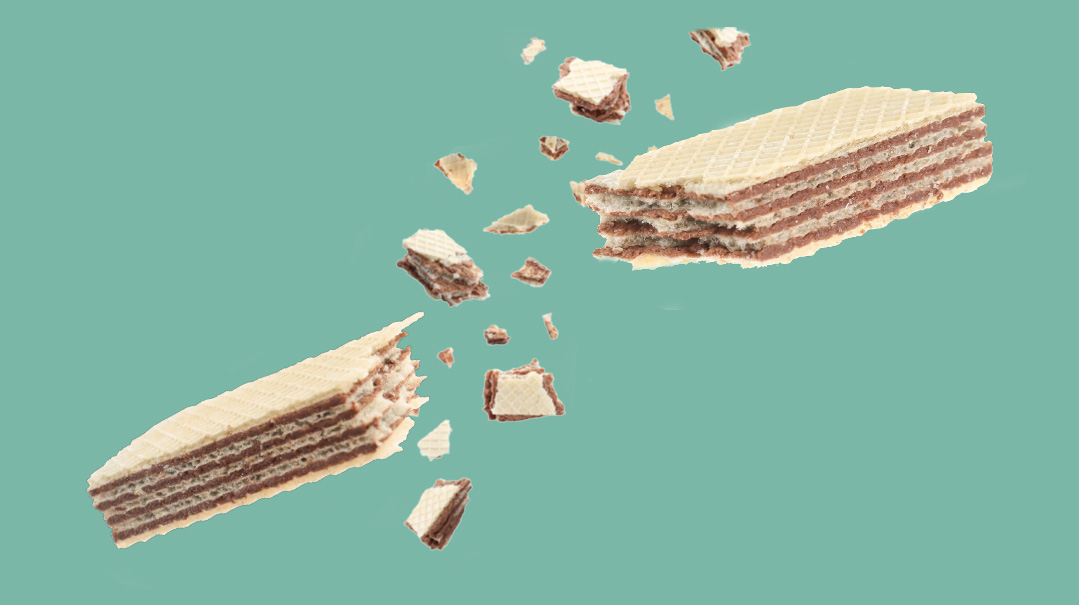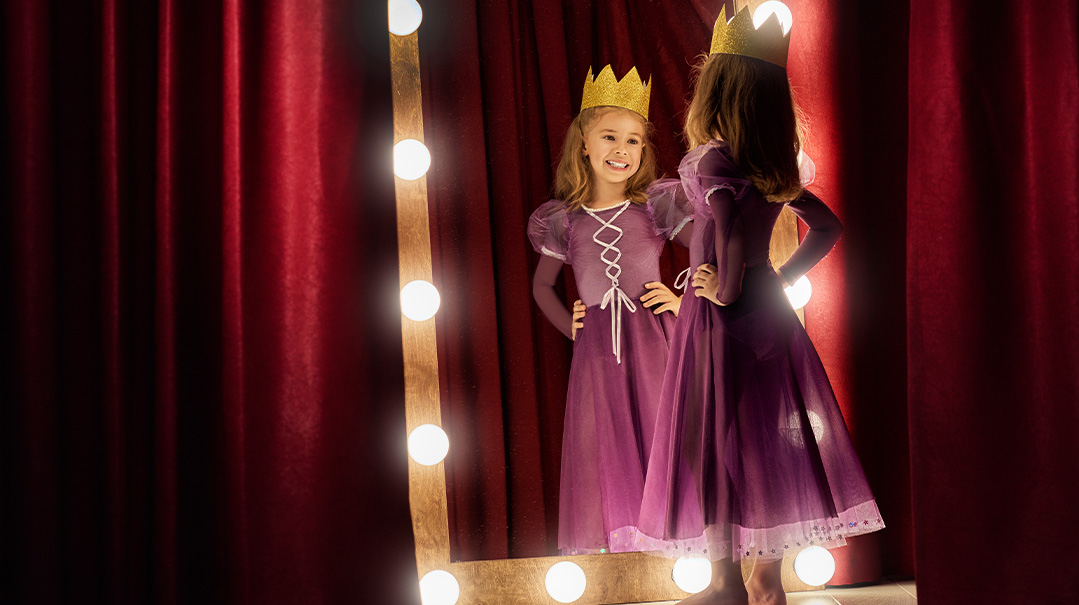Inside the Hole
| September 9, 2021This is my avodah, I tell myself, as I rotate between apple juice, water, apple juice, water
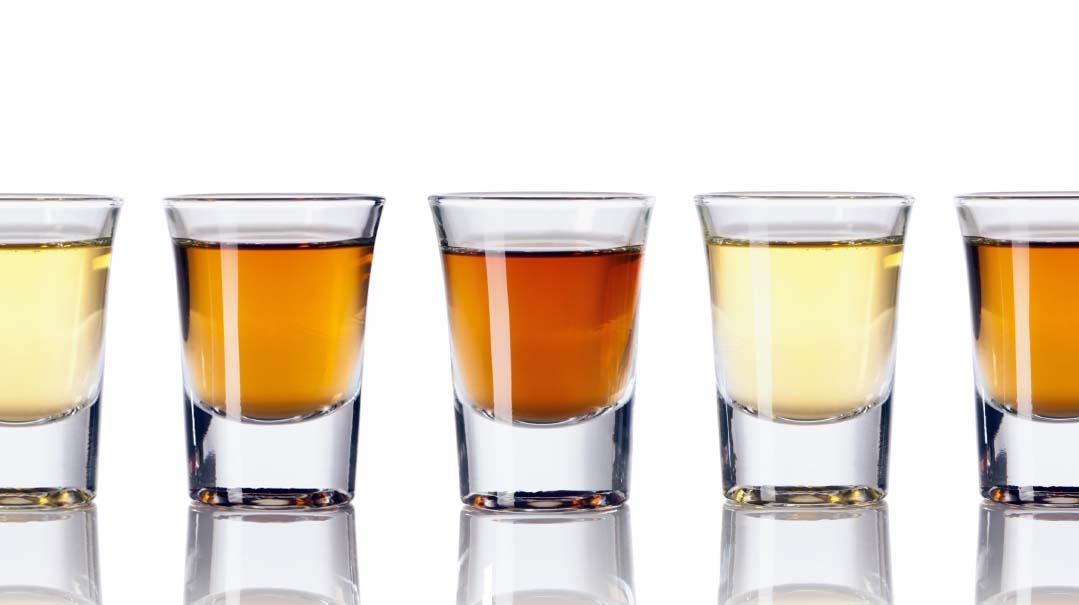
It’s like a dream. Something that comes to her in a haze of distant memory, long ago, far away, once upon a time.
Yom Kippur.
Somewhere in another world, men stand dressed in angel-white and women sway over pages yellowed with tears. Somewhere across the river and over the hills, a chazzan intones the words Kol Nidrei, and the world trembles at the gateway to Heaven.
Here, in a bubble of noise and machines, in a bubble that smells of rubber and medicine, a woman, too young to be a woman, just a girl — a girl stands by a window and watches a reflection of the sun’s glow fade and dim. There she stands in her Crocs and a robe, and she whispers Hareini mekabeles... I accept upon myself the sanctity of Yom Kippur.
Somewhere in her memories, somewhere in the world beyond that window, there are lit candles and serious faces and a hundred united voices and Vidui — Ashamnu, we have sinned.
Here there is chicken soup and honey cake and water, and a baby she can reach through a call button, a set of elevators, a doorbell into the Special Care Unit.
But Yom Kippur arrives, and she’s here, and slowly it dawns that this girl in a dream world is me, and it’s real, as real as the brisk nurses and beeping machines, and my baby is waiting.
I walk from my ward to his, shaky. It’s only a few hours since I graduated from a wheel-chair. I sip my water, and I press the doorbell to the unit with my elbow, feeling a little strange. No one else thinks it’s strange in a coronavirus world, though. No one looks at me twice, and maybe I want them to because then I can explain, it’s Yom Kippur tonight.
I sing Kol Nidrei as I feed the baby. I pump, trying to minimize the melachah. I drink and drink because I know that I need to, so I put a clamp on my rebelling mind and down the water, gulp after gulp, for my baby, for me.
Good news, the nurses say, we’re moving the baby to room-in tonight. They move my bed and his and my suitcase and the medical equipment and two boxes of food. I’m disoriented, overwhelmed.
The baby sleeps at my side, and I focus on forcing down chicken soup, chicken, warm kugel someone delivered after the Seudah Hamafsekes.
I stumble through something of Vidui, something of Maariv, part of Tefillas Zakah, guiltily skipping over the parts about the five inuyim. I drink some more. I nurse and pump and sleep.
Morning dawns, and 72 hours have passed since the surgery, since the birth. I’m acutely aware that my status has changed. Now I must drink in shiurim. My rav advised me to avoid food if I feel strong enough, so I try.
I lay out a dozen l’chayim cups and measure out juice, water, juice, along the little shelf under the baby’s bassinet. I hold him and nurse and pump. I call the nurse to help me put him back down. I use my elbow to press the button that raises and lowers the head of my bed; I can’t lift myself up without it. I’m here, and I’m not here. I’m floating, consciousness begins to drift in great clouds, another tiny drink, just another few minutes, another one.
When I think back to that long, endless, fleeting dream of a Yom Kippur, I know that I said Vidui. I know it in my mind. I wouldn’t have let the day pass without saying it once, just once, but the details are fuzzy. Did I say the all of the al cheits or just the alef-bais? Did I say it once by night, once by day? Did I cry? Did I think about the words?
This is my avodah, I tell myself, as I rotate between apple juice, water, apple juice, water. I need to drink, I need to stay awake to drink.
Then I don’t think about avodah at all. I think about the drink, the minutes, the baby, the drink. The time. My world is a whirlpool of doubt and there is no one to ask.
Corona rules the ward and my world. I’m allowed a single, one-hour visit each day, an oasis in the parched, starving loneliness. My husband walks an hour each way in his sneakers, begs a mask from the receptionist. He won’t be allowed in without one. The hour is six l’chayim cups of juice, one nursing session, too many questions, too little time.
I’m sorry, sir, your visiting hour is over.
Yom Kippur afternoon. A doctor comes, asks me questions about my nightmarish birth experience, and somewhere on that other planet, the baal korei is concluding maftir Yonah. I cry and cry as I speak to the doctor, and I don’t even realize the jarring incongruence of it, that I’m crying and talking and pumping to try to feed my baby, and somewhere, the Aron Kodesh is being opened for Neilah. I’m drinking apple juice and forgive us, for the day is fading, and I’m crying and they’re crying, and the baby is crying and I’m so far, so far away.
I know when it’s the last couple of hours because by now I’m eating too; shiurim of drink, shiurim of food, 5:04 p.m. for the drink, 6:01 for the food, now I can drink again, 6:12, am I up to drink, food, drink?
The baby is crying. I need to feed, and I need to drink.
I line up another six l’chayim cups, golden with apple juice. I pick up my baby, and my mind is so blank, so tired, so weak.
I’m not crying. I’m not davening. I’m not even fasting.
Where is Yom Kippur, if not in the shul and the machzor and the prayer and the song? If not for the tears and the beating of a broken heart?
Where is Yom Kippur in the emptiness, in the nothing, in the space between l’chayim cups of juice, of cake, where is Yom Kippur in the light switches and the call button and the beep of the machine that’s helping me feed my baby?
I’m sad because I’m not sad. I’m sad because I’m too exhausted to cry. I’m sad because I’m here, and Yom Kippur is here, and I’ve never had Yom Kippur without having Yom Kippur.
And then the sun sets and the moon rises and I can drink, and drink, and drink, and I can eat, and I can collapse back on my bed to sleep, but I can’t sleep. Instead I lie there and I cry and cry and cry. I cry so badly that I’m choking on my breath.
I’m crying for me and my baby and my birth and Yom Kippur and Hashem. I’m crying for a day teetering on the edge of exhaustion, fighting to hold onto something of the holiness, fighting to hold onto Him.
And that’s when I know where it was Yom Kippur. It was there, right there, in the mound of discarded tiny cups, it was there in my groping, searching fingers, and in the hole in my heart, where all the tefillos wanted to be.
Perhaps that was the greatest prayer of all.
(Originally featured in Family First, Issue 759)
Oops! We could not locate your form.

